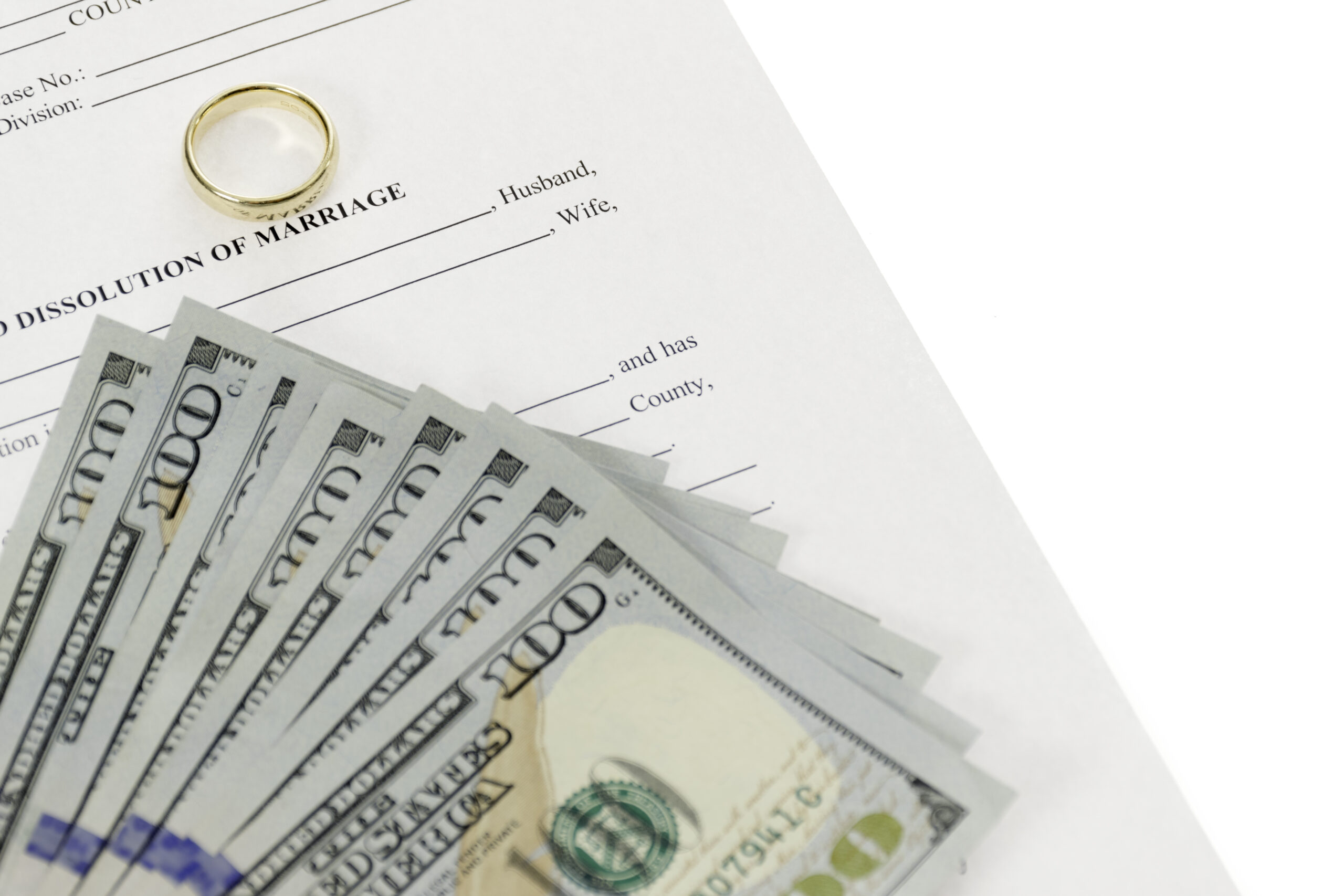There are few things more physically, emotionally, and financially draining than a divorce. If you are someone who is now going through a divorce and are worried about what assets you may or may not keep, you’ve come to the right place. Please continue reading and reach out to our experienced Massachusetts divorce attorneys to learn more about how our firm can help you through every step of the legal process going forward. Here are some of the questions you may have:
How are marital and separate property different?
There are two primary types of property in a divorce: marital and separate. Separate property, on one hand, is property acquired outside of or before marriage, is usually exempt from equitable distribution, and generally includes inheritances, gifts, and the like. However, on the other hand, marital property is all other property acquired during a marriage and is subject to equitable distribution. Marital property can include important assets such as your home, car, and more.
How do courts decide who gets what in a Massachusetts divorce?
Massachusetts courts will evaluate various aspects of your financial situation and otherwise before deciding who gets to keep what assets. For example, they will consider the duration of you and your spouse’s marriage, whether you or your spouse is financially dependent, your education, potential earning capacity, your health and age, and more. No matter your situation, you must ensure you retain the services of an experienced divorce attorney who is ready to fight for what is rightfully yours.
Can I protect my assets from the equitable distribution process?
Fortunately, in many cases, you can. The first, and perhaps the most common document used to protect and preserve assets in the event of a future divorce is a prenuptial agreement. In many cases, before you are married, you and your spouse can draft a prenuptial agreement that clearly outlines what property is yours. However, if you have not yet drafted a prenuptial agreement, you need not panic–you can still draft what is known as a postnuptial agreement. Though these agreements serve essentially the same purpose, they are drafted after a marriage. Finally, if you and your spouse jointly own a business, you may also draft what is known as a “shareholder agreement,” which outlines how your business will be managed, should you ever get a divorce.
Contact our experienced Bristol County firm
For over 30 years, The Law Offices of Cynthia L. Hanley, P.C. has provided quality legal support and representation for clients in Bristol County and all of Massachusetts. Our firm’s experience eases the stress of clients while providing the legal services they deserve. If you need help through a contested divorce, contact The Law Offices of Cynthia L. Hanley, P.C. for a consultation today.

